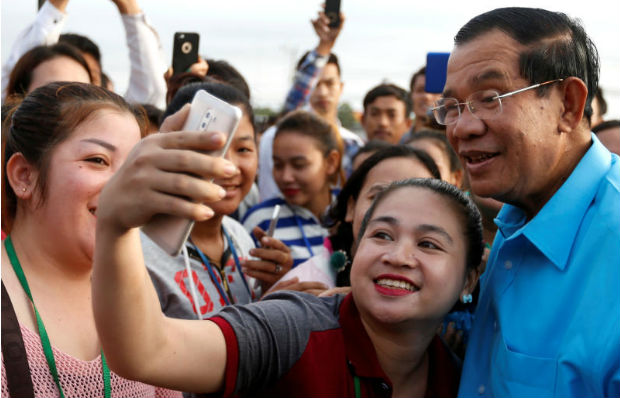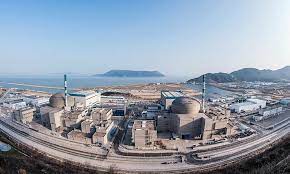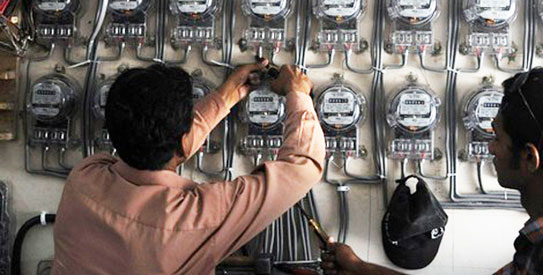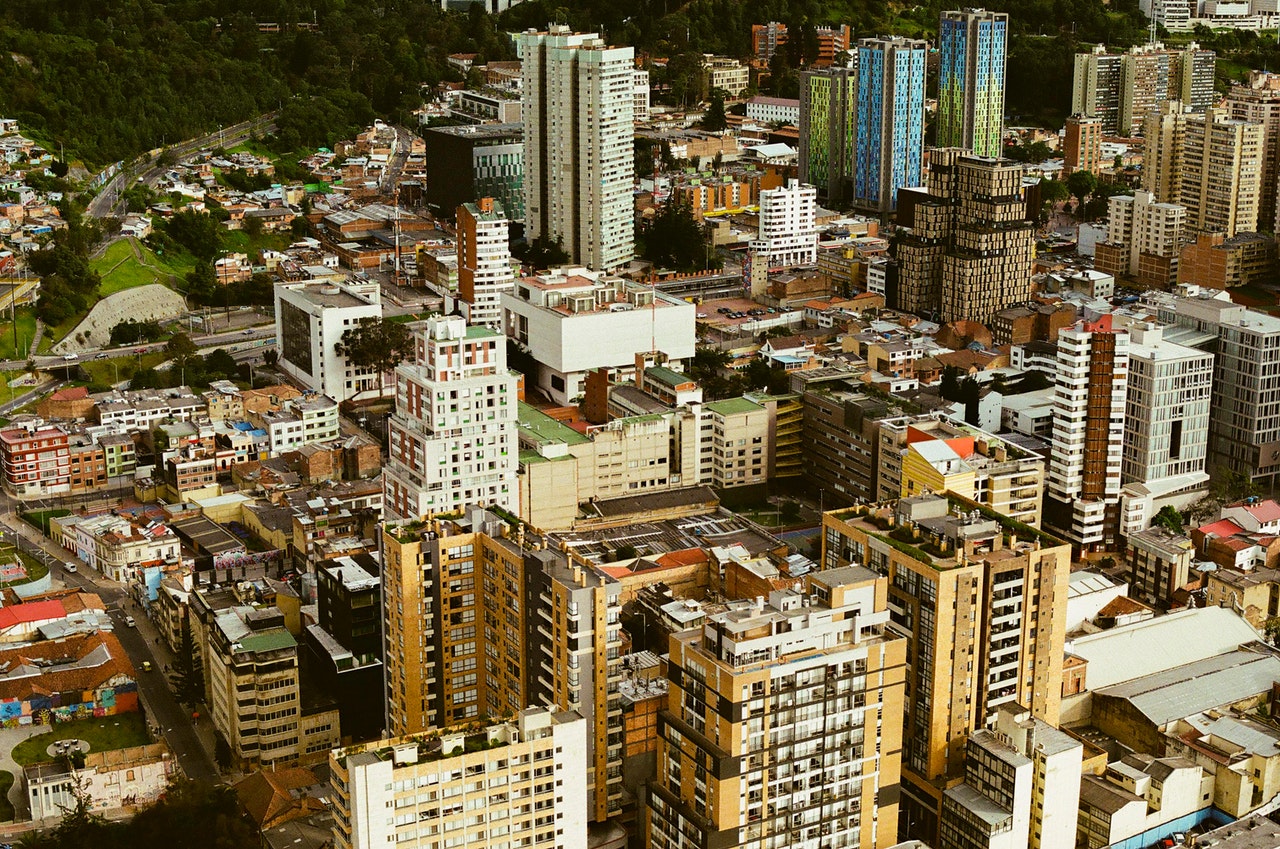Will Cambodia’s leader Hun Sen block Facebook access for its users? Many in Cambodia questioned whether Prime Minister Hun Sen would follow through on his threat to ban Facebook in the country. However, he later retracted his warning in a late-night statement.
In a voice message on the Telegram app, Hun Sen clarified that he had only decided to close his own Facebook account and had no intention to shut down Facebook in Cambodia. This came after he was accused by a Facebook oversight board of inciting violence against political opponents on his profile page.

The controversy for Facebook in Cambodia began when the oversight board called for a six-month suspension of Hun Sen’s Facebook and Instagram accounts due to a livestreamed speech in which he allegedly threatened violence. Following the board’s ruling, Hun Sen claimed he deleted his account due to impersonators on the platform.
Despite the suspension recommendation, Hun Sen did not acknowledge the incitement of violence accusation or the possible suspension. He had previously announced a shift to the Telegram platform and expressed plans to create a TikTok account.
The oversight board’s recommendation came close to the country’s upcoming national election, and Hun Sen initially threatened to block Facebook entirely, raising concerns among its users, particularly those who rely on the platform for business purposes.
However, in his statement retracting the threat, Hun Sen emphasized the importance of e-commerce and acknowledged that shutting down Facebook would negatively impact many users, including online sellers.
Legal experts and Cambodia experts have noted that Hun Sen’s reaction appeared to be retaliation for the potential suspension. Some supporters of the prime minister called for a ban on Facebook, and Cambodia’s Ministry of Posts and Telecommunications instructed online gateway operators to promote Hun Sen’s new Telegram and TikTok accounts while urging an end to partnerships with Facebook.
As the ruling party networks and student associations actively promote Hun Sen’s new social media accounts, critics raise concerns about potential restrictions on freedom of expression in Cambodia. Despite the absence of his main social media platform, Hun Sen’s ruling party is widely expected to maintain dominance in the upcoming national election.
Hun Sen’s plans to hand power to his son and ensure his party’s long-lasting political control have led to comparisons with Cambodia’s past as a one-party state during the 1980s under Communist rule.






